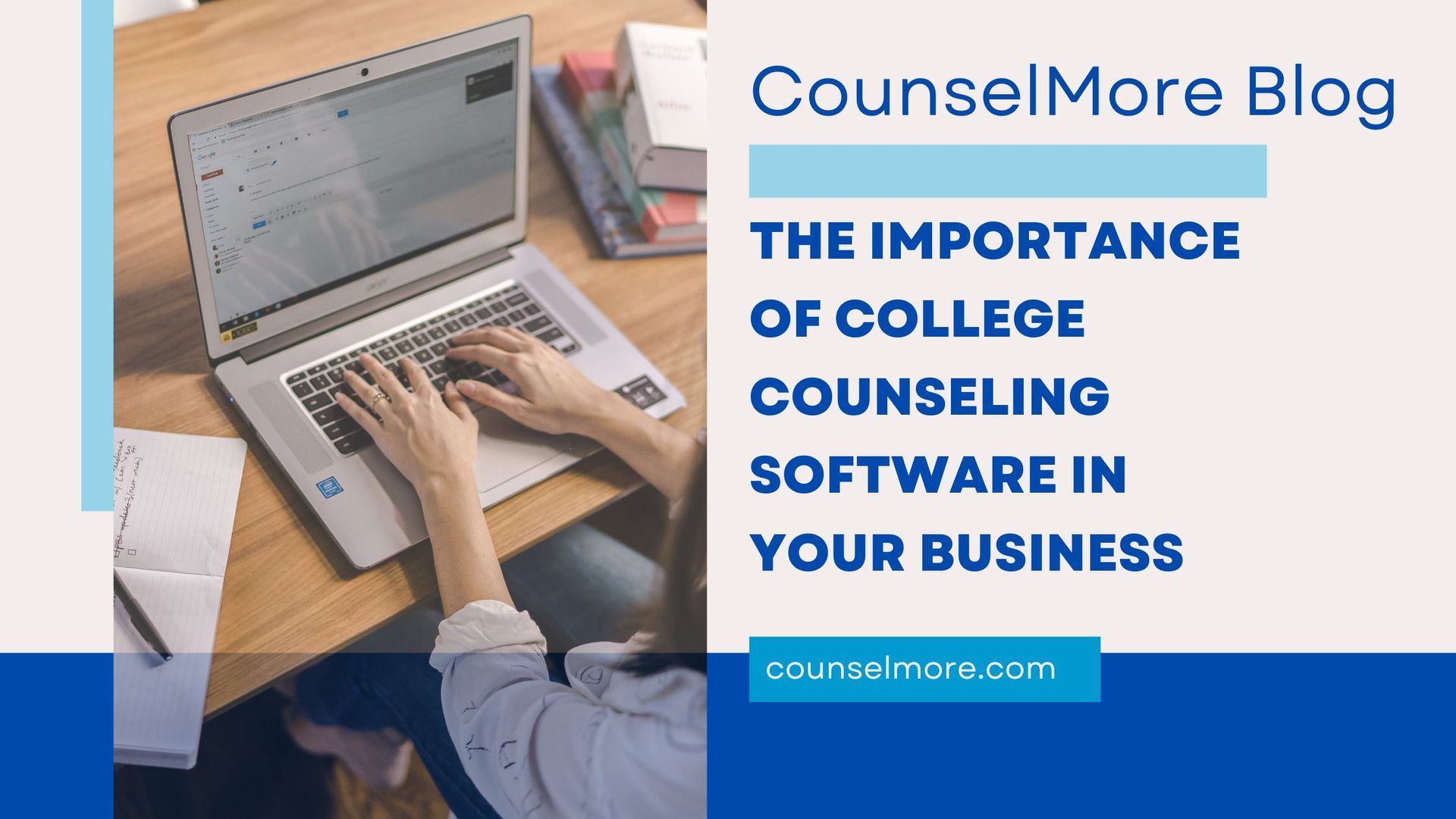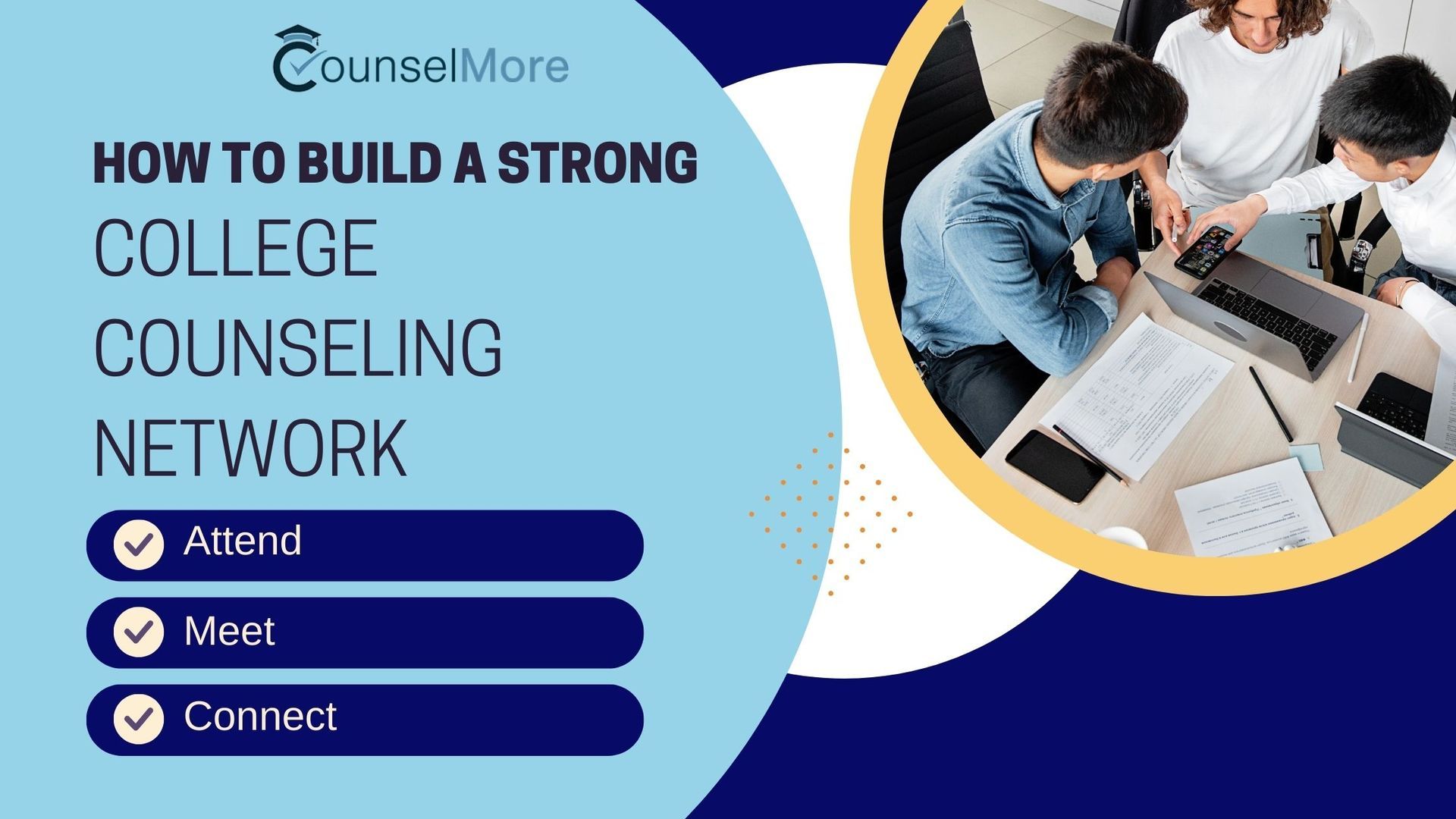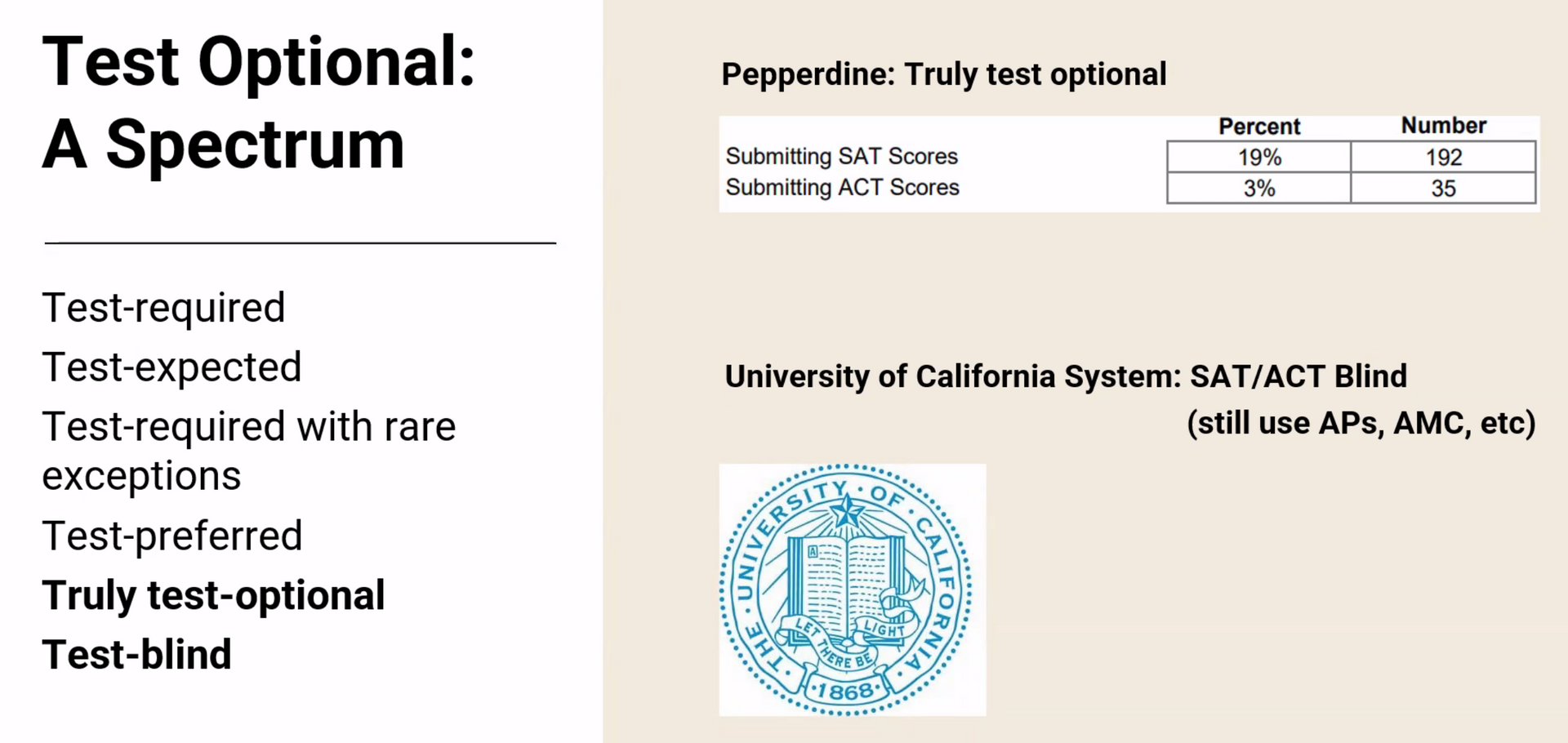IPEDS, Admissions Data, Department of Education ...Closed?
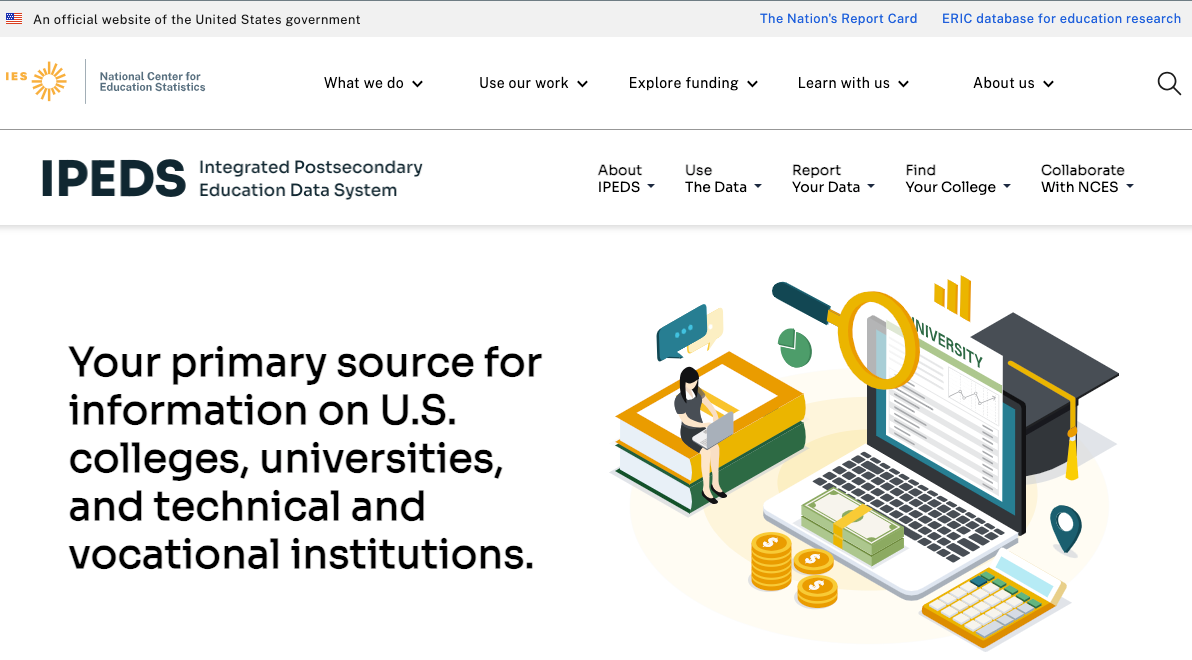
Navigating the Shifting Sands of College Admissions Data: Have No Fear, CounselMore has been hand harvesting admissions data for you, for years!
The landscape of college admissions is in constant flux. From evolving application requirements to the ever-increasing selectivity of institutions, college counselors face a monumental task: guiding students through a complex process armed with accurate and timely information. For years, professionals have relied on established data sources, but recent events and emerging trends are revealing cracks in these foundations. The time has come for a new approach, and innovative software applications like CounselMore are stepping up to not just meet the challenge, but to redefine how college admissions data is gathered, verified, and utilized.
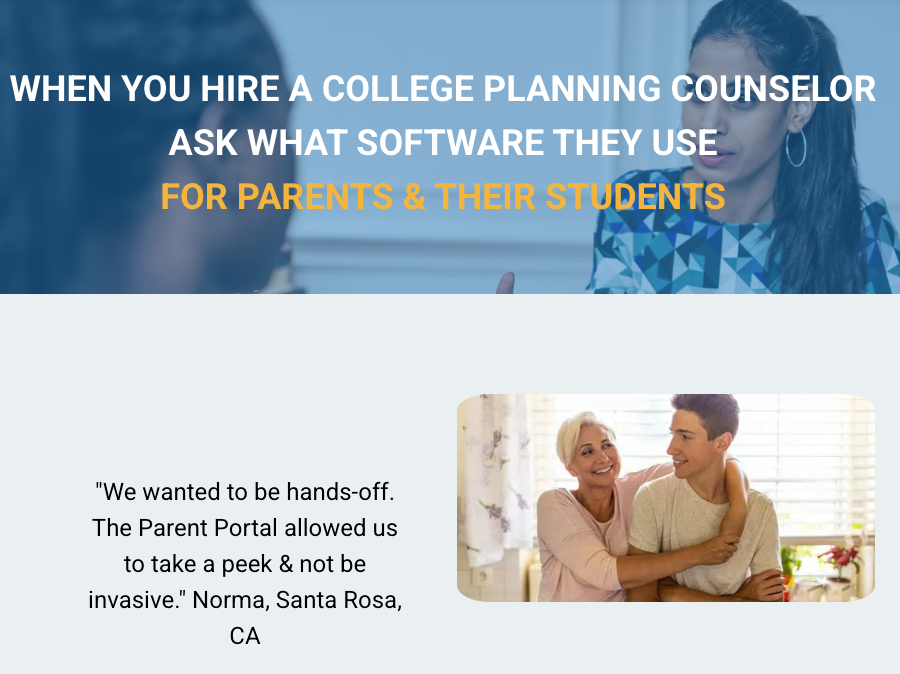

The Erosion of Traditional Data Pillars
For decades, the Integrated Postsecondary Education Data System (IPEDS), overseen by the National Center for Education Statistics (NCES) within the Institute of Education Sciences (IES) at the Department of Education, has been a cornerstone of college data. This mandatory reporting system for institutions participating in federal student financial aid programs provides a wealth of information used by policymakers, researchers, students, parents, and, crucially, college counselors
Data from IPEDS forms the basis of many widely used college search tools and databases. Not CounselMore's data but others...
However, recent turmoil within the Department of Education has cast a shadow over the future reliability of this crucial data source. The Department of Government Efficiency (DOGE) initiated significant cuts, leading to the cancellation of dozens of contracts, closure of centers, elimination of research grants, and mass staff resignations at IES and NCES
The acting statistics chief was even terminated after a mere 15 days in the job, highlighting the level of disarray.
Experts are sounding the alarm, describing the situation as a "five-alarm fire, burning statistics that we need to understand and improve education"
Former NCES officials have stated that it is "ludicrous and not humanly possible" for the remaining skeletal staff to manage the workload previously handled by a large federal team and numerous contractors. Concerns are mounting that this drastic reduction in capacity will inevitably lead to compromised data collection, reporting, analysis, and dissemination.
With fewer personnel to oversee data submissions and ensure accuracy, the reliability of IPEDS data is now a significant concern.
Potential delays in data updates could also hinder the ability of counselors to access the most current information.

Building College Lists is More Demanding Than Ever!
Manually compiling application requirements and admissions outcomes for each school is an arduous task. Even with the best tools from yesterday, the process took 3 to 5 hours per list.
Today, without real-time accuracy, that timeline stretches into days—longer to verify. The sheer volume of shifting requirements makes hand-harvesting data unsustainable.
Professionals need reliable, up-to-date intelligence to work efficiently. Those without access to the CounselMore database will struggle to keep pace.
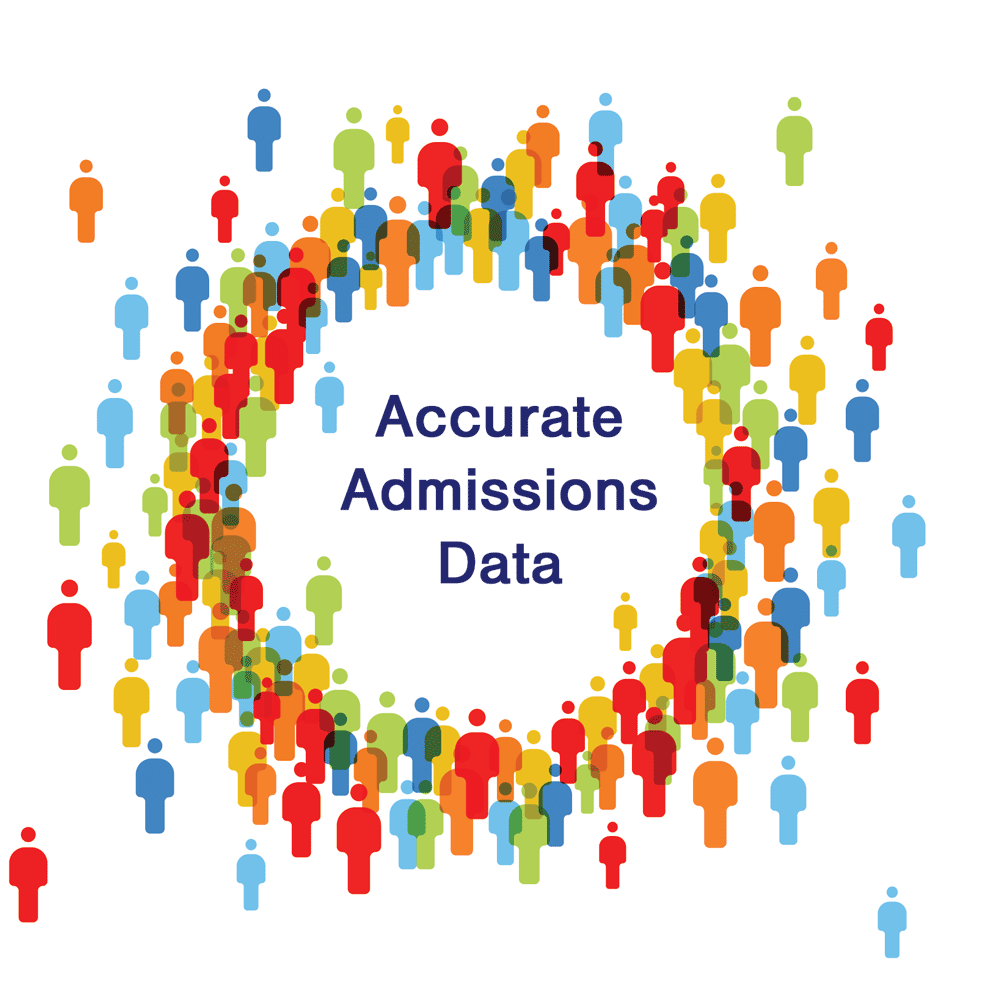
Furthermore, while IPEDS remains a crucial reporting mechanism, it's not the only source counselors rely on.
Many purchase data from aggregators like Peterson's, who themselves utilize the Common Data Set and participate in IPEDS data collection
Therefore, any instability or reduction in the quality and timeliness of IPEDS data will inevitably have a ripple effect on these secondary sources.
The Retreat of College Transparency
Adding to the complexity, a growing number of highly selective colleges are becoming less transparent about their admissions data, particularly acceptance rates, immediately following the release of decisions.
Institutions like Stanford, Cornell, Princeton, and the University of Pennsylvania have opted to withhold this information, citing concerns about the stress it places on prospective applicants and a desire to avoid being reduced to a single selectivity statistic.
(or perhaps being sued repeatedly for their admissions methods has caused them to not want to share information and this gives them good cover?)
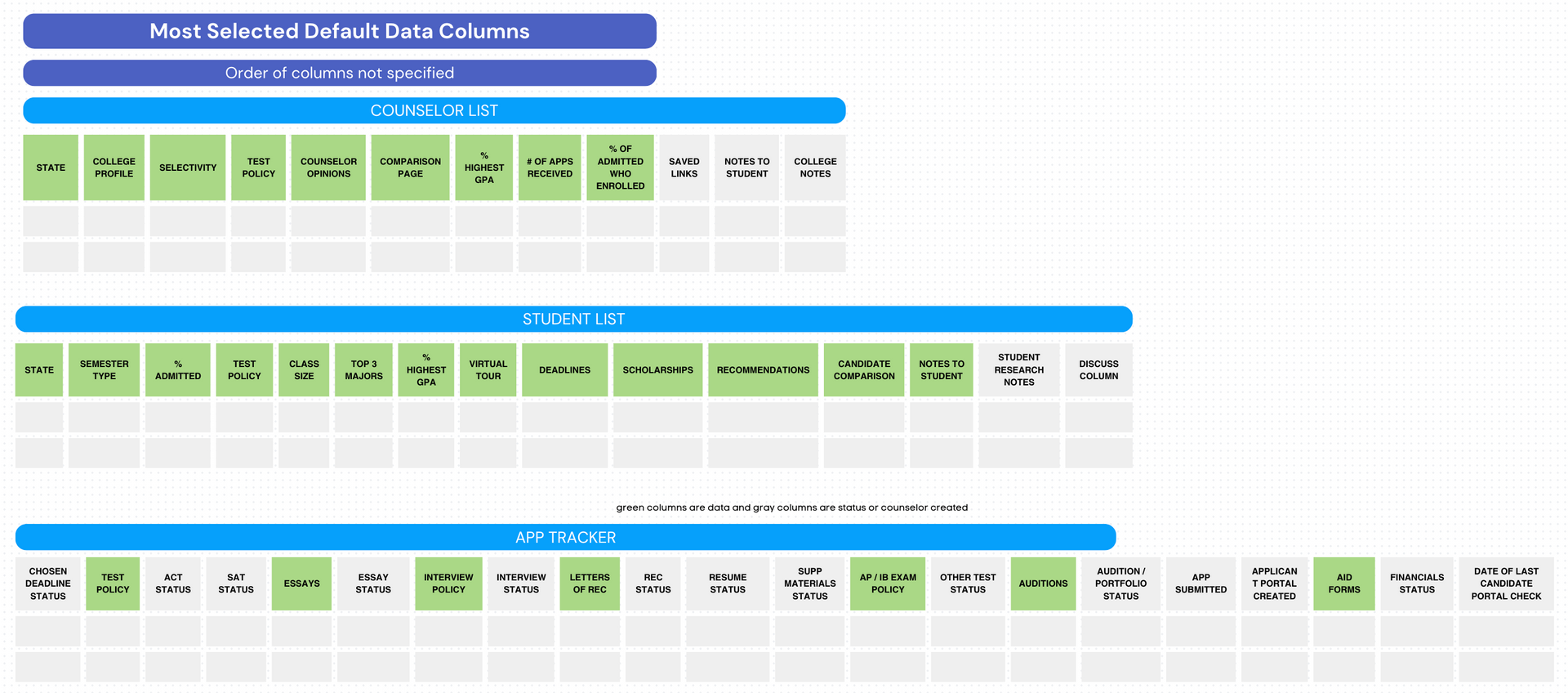

While the intention might be to alleviate anxiety, this lack of immediate transparency can be seen by some as a move driven by "the optics of prestige" and a desire to potentially increase applicant numbers by not deterring students with ultra-low acceptance rates.
Regardless of the motivation, this trend means that counselors can no longer rely on readily available public announcements for crucial data points, making their already demanding jobs even more challenging.
As one expert noted, "Colleges and universities benefit greatly from moving up the chain" in rankings, and managing the perception of selectivity plays a role in this.
Moreover, colleges may choose to report less data overall, focusing on mandatory submissions and omitting voluntary information, further obscuring the full picture of their process
or the candidate's profile...
CounselMore: A Revolutionary Approach to Admissions Data in the Age of Uncertainty
In this evolving landscape, where traditional data sources face instability and colleges are becoming more guarded, innovative software solutions are not just helpful – they are essential.
CounselMore stands out as a prime example of a platform that is "bending the rules" of traditional data acquisition by embracing a dynamic and community-driven approach.
While CounselMore does leverage traditional sources by purchasing data from Peterson's
its true strength lies in its robust community-sourcing model
Recognizing that admissions requirements and processes change frequently
CounselMore empowers a network of college counselors to collaboratively collect, correct, and update admissions data directly within the platform
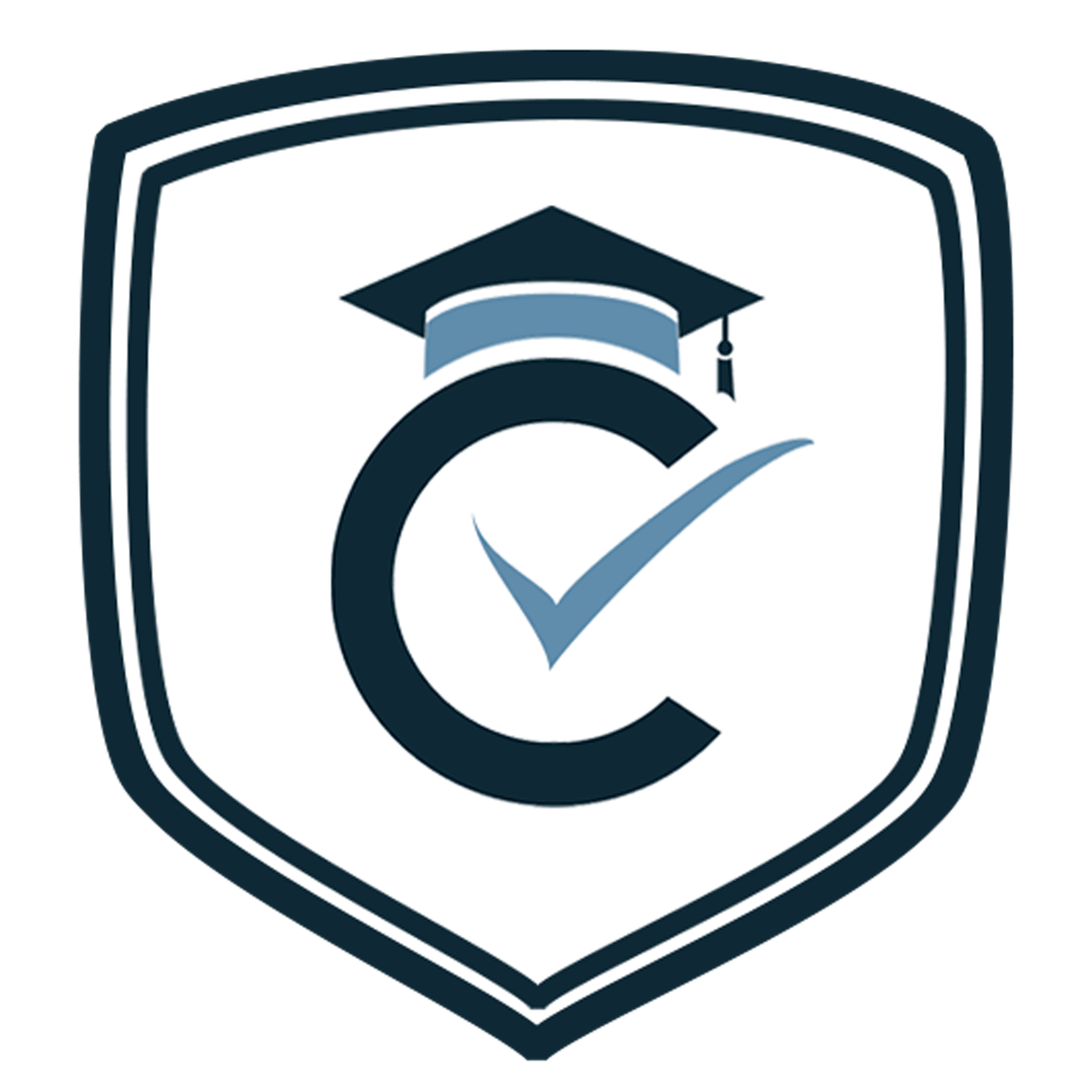
This crowdsourced knowledge focuses on the most dynamic and crucial information, including annual admissions results, admitted profiles, and application policy data – the very data described as a "constantly moving target".
Counselors can easily correct data cells with information sourced directly from primary resources like college websites and the Common App
This ensures that the information is not only up-to-date but also verified against the most reliable sources
The beauty of this system is its speed and efficiency. By distributing the task of data collection and verification across a community of dedicated professionals, CounselMore minimizes the workload for each individual counselor, saving them the tremendous amount of time typically spent scouring the internet for the latest updates. As CounselMore itself states, their usage surveys show counselors are building lists on average in just one hour, a stark contrast to the five hours it might take without such a collaborative system.
Key Advantages of CounselMore's Innovative Approach:
Unparalleled Focus on Current College Application Requirements for Top-Applied 1000 schools:
In an era where colleges might limit official reporting, CounselMore's community actively updates the very information counselors need most: the specific requirements for each application cycle. This direct, peer-to-peer sharing ensures that the latest changes are quickly disseminated and accessible.
Real-time College Admissions Updates and Transparency:
CounselMore provides a level of transparency rarely seen in traditional data platforms. The small question mark icon inside every cell allows users to see the date when a specific data point was last updated and its source, including whether it was updated by a colleague ("IEC") or based on Common App or application or Peterson's or Admissions Rep. This empowers counselors to assess the recency and reliability of each critical step, at their fingertips.
Built-in Admissions Data Verification and Quality Control:
While relying on community contributions, CounselMore doesn't compromise on accuracy. Every user update that includes a URL to a primary source (college website or Common App) is verified by CounselMore's data team. This "second pair of eyes" ensures that incorrect submissions are addressed, maintaining the integrity of the data. No other resource offers a check on their information.
Empowering Collaboration and Shared College Knowledge:
CounselMore fosters a culture of sharing, consensus, and mutual support within the educational consulting network. By contributing to and utilizing collective knowledge, counselors can better guide their students and adapt to the ever-changing admissions landscape. Community leaders of CounselMore are called Peer Mentors. These are members who volunteer and sell their hourly time to help colleagues master the college list building tools inside CounselMore.
"Holding onto information helps no one—sharing is key to the collective success of professional college planning!"
Tools Designed for College Counselors:
Beyond basic data provision, CounselMore offers features like the App Tracker and Strategy Columns, which integrate seamlessly with the CounselMore college database. These tools allow counselors to not only access crucial information but also to strategize and document their approach for each student and application, further enhancing their efficiency and effectiveness. What's more is that they can access former strategies to best inform present day strategies.
Addressing the Skeptics: Trust and Accuracy in a Community Data Collection Model
Naturally, some might question the reliability of a community-sourced data model. However, CounselMore is built on the understanding that college advisors are dedicated professionals who take their responsibility seriously. As the platform itself states, "These are individuals who hold sole responsibility for advising young people and their families on crucial significant family and future matters. Our colleagues are individuals who chose that responsibility". This inherent trust, coupled with the rigorous verification process, helps to ensure the accuracy and integrity of the data.
The Future is Collaborative and Agile Admissions Data and Application Information
The recent challenges at the Department of Education and the increasing opacity of some colleges highlight the vulnerabilities of relying solely on traditional, top-down data dissemination methods. In this dynamic environment, agile, collaborative, and community-driven solutions like CounselMore are not just a welcome addition – they are the necessary evolution.
By "bending the rules" of how college admissions data is traditionally gathered and verified, CounselMore empowers counselors with the most up-to-date information, saving them invaluable time and ultimately better serving their students.
As colleges continue to navigate the complexities of the admissions landscape, and as traditional data sources face potential disruptions, the need for innovative and responsive tools will only grow.
CounselMore is not just keeping pace with these changes; it is leading the way, demonstrating that the collective power of the professional community, harnessed through smart software, is the answer to ensuring counselors have the data they need to guide the next generation of college applicants. It's time to embrace this new paradigm and recognize the transformative potential of collaborative data platforms in the ever-evolving world of college admissions.

